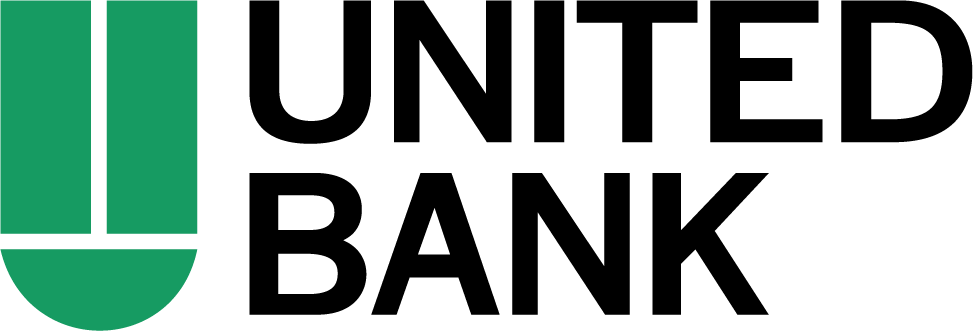For starters, understand that a bear market isn’t necessarily the same thing as an economic recession (though the two concepts can be related). An economic recession is a period of time in which economic activity falls or stagnates. It’s entirely possible for stock prices to drop temporarily, without there being a correlative fall in economic activity overall. However, a bear market, if sufficiently prolonged, could also be a harbinger of an economic recession.
For the most part, a bear market will only directly impact your investments. The bear market isn’t responsible for higher interest rates or higher prices of consumer goods.
If you’ve been investing for a while, you’ve likely seen this bear market wipe out a significant chunk of your savings. There’s a chance these conditions will continue, and your portfolio will continue to suffer losses.
However, there are two important things to note here.
First, bear markets are usually temporary and short-lived. If you don’t sell, you won’t “realize” the losses you’ve incurred thus far. If the market follows historical patterns, it should bounce back to where it was before — and eventually exceed its previous heights.
Second, many savvy investors see bear markets as an excellent investment opportunity, especially if you’re looking for a long-term investment. Stocks are at record-low prices, effectively presenting a discount to investors.





